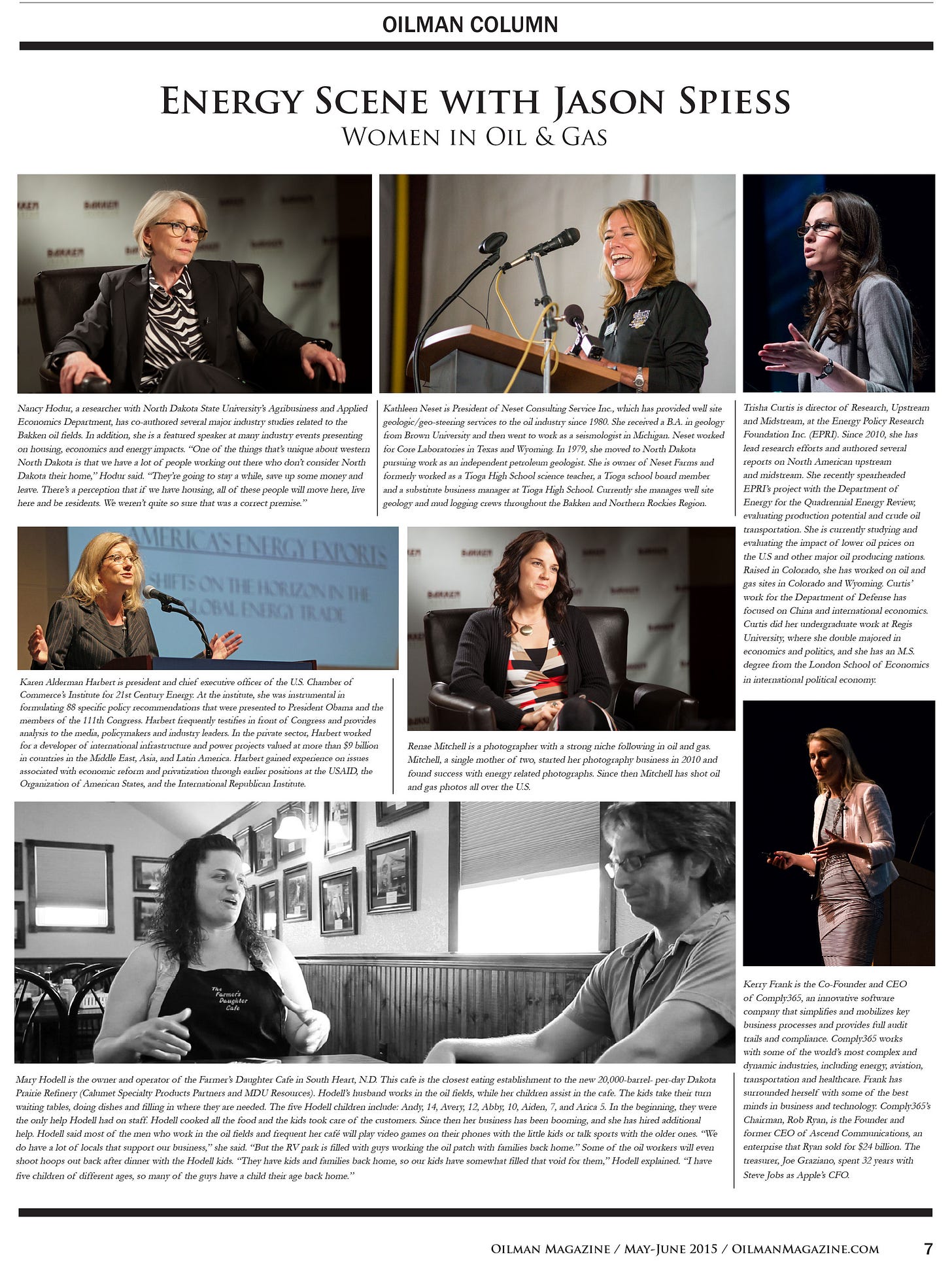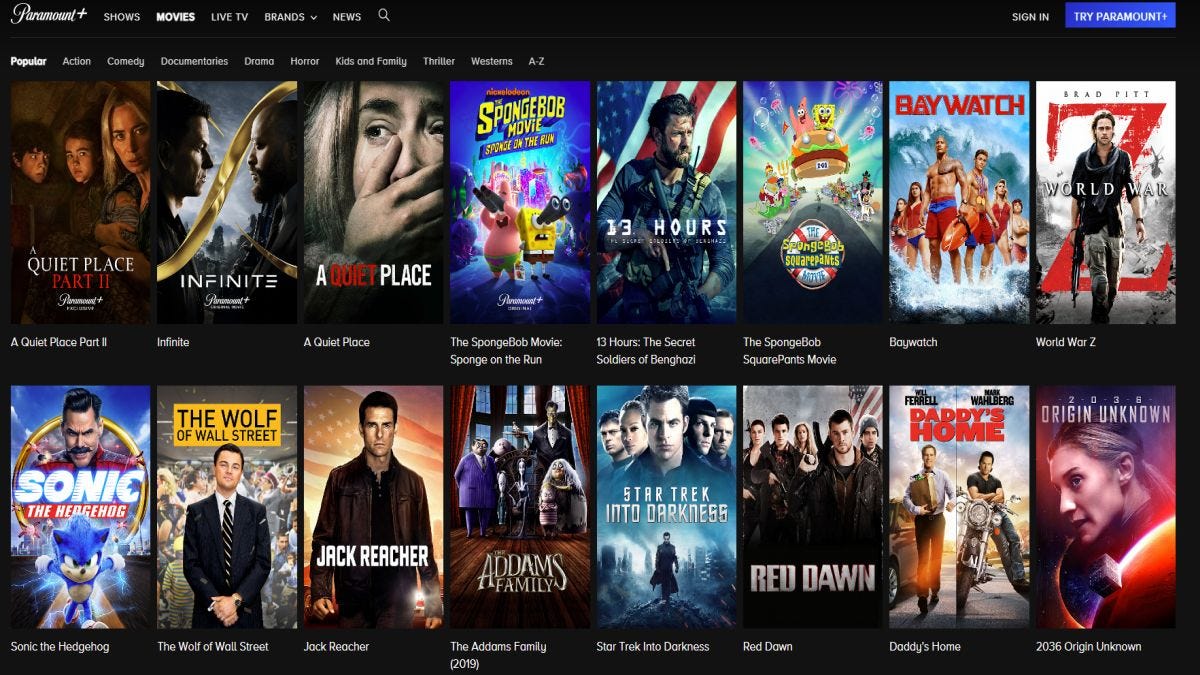Warren Martin, Kansas Strong, joins The Crude Life to discuss the potential for a Landman Season 2 and what some potential storylines and plots are. Martin also discusses whether the industry is at an ideological crossroads in the areas of carbon management and regulatory compliances.
Landman is a Paramount+ series that was one of the most-watched streaming shows of 2024. The show has received critical acclaim and was the most streamed series on Paramount + to date. However, Landman has not yet been officially renewed for a second season, but it seems likely that it will be.
The Crude Life has a content creation partnership with Paramount + and offers a discounted link here.
Paramount+’s Landman, created by Taylor Sheridan and starring Billy Bob Thornton, offers an intense portrayal of the modern oil and gas industry. Set in West Texas, the series dives into the high-stakes world of energy exploration, land deals, and the boom-and-bust cycles that define the business.
Beyond its drama, and unrealistic moments in industry, Landman provides an excellent opportunity to educate the public on fundamental oil and gas operations, safety protocols, and the complex family dynamics within the industry.
For those unfamiliar with oil extraction, Landman offers a look at the basic behind the scenes activity of drilling, from seismic surveys and land negotiations to roughneck life on the rigs. It highlights the high-pressure decision-making required in oilfield operations and the financial risks tied to fluctuating commodity prices.
The series effectively captures the tension between corporate executives, field workers, and landowners, reflecting real-world industry challenges.
One of the standout aspects of Landman is its depiction of safety hazards—blowouts, wellsite fires, and exposure to hazardous materials are shown with stark sensationalism. This is one of the issues oil and gas is concerned about since the industry is still shaking off bad public relations from the Exxon Valdez oil spill of 1989 and 2010’s BP blowout in the Gulf of Mexico.
The series underscores the importance of proper training, personal protective equipment (PPE), and emergency response protocols, serving as a reminder of the life-threatening risks oilfield workers face daily.
Beyond the business and operations, Landman delves into the family struggles of those working in oil and gas. It portrays the hardships of maintaining relationships with long hours, remote job sites, and economic uncertainty—a reality many industry workers and their families know too well.
For both insiders and newcomers, Landman serves as both gripping entertainment and a rare, honest portrayal of an industry often misunderstood by the public.
The interview also takes a moment for a “Mr. Rogers PSA”, pointing out there is enough drama in the oil and gas industry, especially with a shared common house dynamic, the series doesn’t need to infuse Hollywood exaggeration.
Below is the Mr. Rogers’ congressional testimony from 1969 explaining how children have enough drama in conflict management to capture your attention so there is no need for guns, physical fights and violent actions.
“Landman” stars Billy Bob Thornton alongside Demi Moore, Jon Hamm, Andy Garcia, Michael Peña and Ali Larter, as well as Michelle Randolph, Jacob Lofland, Kayla Wallace, James Jordan, Mark Collie and Paulina Chávez.
Landman the Series is available to stream on Paramount+ now. Click here for a special discount link
Next, the Warren Martin interview discusses a major potential problem for industry - an ideological shift.
For decades, the oil and gas industry thrived as a free-market powerhouse, pioneering technological advancements and fueling global economic growth. However, an ideological shift has taken hold as environmental regulations, carbon management policies, and government subsidies reshape the industry's landscape.
Once champions of market-driven innovation, oil and gas companies are now rebranding, redirecting funds from climate skepticism to compliance, and embracing government support in ways that contradict their historical opposition to intervention.
A visible shift is the industry's strategic rebranding. Major corporations are abandoning the explicit “oil and gas” labels in favor of more ambiguous terms like “energy.”
For example, Oxy, ExxonMobil, BP, and Shell have leaned into the rhetoric of “low-carbon solutions,” a pivot that obscures their core business while placating regulatory and activist pressures.
This linguistic transformation signals an ideological concession: instead of defending fossil fuels as essential to economic growth, companies are now positioning themselves as climate-conscious energy providers.

For years, the industry allocated billions toward lobbying efforts, think tanks, and educational campaigns aimed at countering climate change narratives and regulatory overreach. The aim was to resist policies that threatened profitability, such as carbon taxes, emissions caps, and renewable energy mandates.
However, as regulations tightened and public opinion shifted, these same companies found themselves redirecting funds toward meeting compliance standards rather than challenging them. Money once spent on influencing public perception is now used to fund carbon capture projects, sustainability reports, and partnerships with environmental organizations.
One of the most significant ideological shifts is the industry's growing reliance on government subsidies and innovation.
Historically, oil and gas companies prided themselves on self-sufficiency, rejecting handouts in favor of market-driven competition. Today, they actively seek incentives for carbon capture, hydrogen production, and renewable energy projects.
In fact, there is a segment of the oil and gas industry turning into an “over-promising, under-producing” group like wind and solar. Those two industries specifically have yet to meet their renewable or environmental goals and unhitch themselves from government control and into the free market.
Programs like the Inflation Reduction Act have funneled billions into these initiatives, making government support an vital part of corporate strategy. Rather than allowing free-market competition to determine energy transition pathways, bureaucratic intervention now dictates investment and innovation priorities.
Bottom line, the government is now picking winners and loser in the oil and gas sector. With the help of public-private-partnerships and universities; corporations and government are now controlling the oil and gas industry’s finances, innovation and regulatory futures.
However, this transformation comes at a cost. Stifling free market innovation comes with a price too.
Compliance-driven investment often prioritizes optics over operational efficiency. Carbon capture and storage (CCS) projects, while politically favorable, remain economically inefficient without government backing.
Similarly, the push for net-zero commitments forces companies to allocate capital toward projects that satisfy regulatory demands rather than those that enhance energy security or economic growth. This shift undermines the very innovation that made oil and gas a dominant force in the first place.
As the oil and gas industry morphs into a state-guided energy sector, questions arise about its long-term viability as a free-market entity.
Will these companies continue to innovate under the weight of regulation and subsidies, or will they become quasi-public utilities beholden to government mandates?
The answer may determine not only the future of energy but also the broader trajectory of economic freedom and market-driven progress in the 21st century.
Everyday your story is being told by someone. Who is telling your story? Who are you telling your story to?
Email your sustainable story ideas, professional press releases or petro-powered podcast submissions to thecontentcreationstudios(AT)gmail(DOT)com.
#thecrudelife promotes a culture of inclusion and respect through interviews, content creation, live events and partnerships that educate, enrich, and empower people to create a positive social environment for all, regardless of age, race, religion, sexual orientation, or physical or intellectual ability.
CLICK HERE FOR SPECIAL PARAMOUNT + DISCOUNT LINK
Paramount+ offers its subscribers a plethora of quality content.
From classic films to banger TV shows like 1883 and Star Trek: Discovery, there’s no shortage of entertainment to explore.
How about some cult favorites like Red Dawn, Grease and There Will Be Blood?
Start Streaming Today!


















Share this post